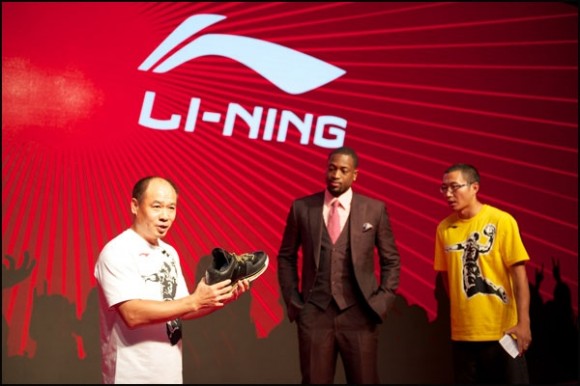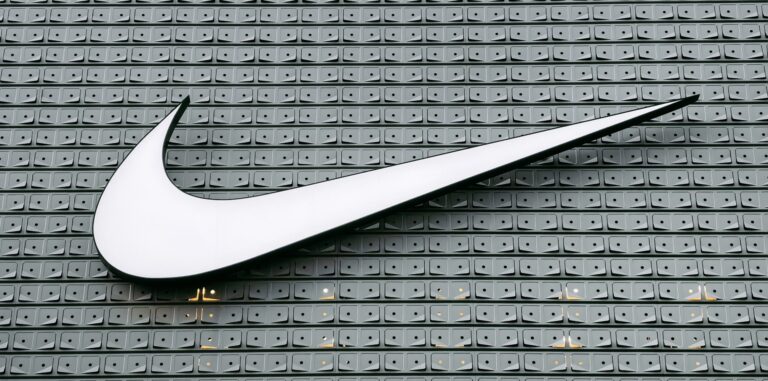Currently, the sports industry contributes about 2% to a country’s GDP in western world, but in China, it is the other way around. In China, the sports industry GDP accounts for less than 5% of gross GDP. In America, for example, sports events are almost all industrialized into professional leagues such as the NBA, NFL, NHL, etc . However, the Chinese are most famous for being good at sports like table tennis and Kungfu, but participate in these sports in a more casual setting. Thus, for the sports industry to prosper it needs to become more industrialized in China.
Economy of sports: brands
Foreign sports giants such as Nike, Adidas, Reebok, Puma, Mizuno, have always enjoyed popularity among consumers all age groups in China. These companies usually have their own technical teams and research groups, and they keep innovating their products to cater to consumers’ varying needs. Usually these companies hire very famous athletes as endorsers. Take Adidas for example. In the NBA, it has Derrick Rose, Dwight Howard, and Tim Duncan. In football, it hired Lionel Messi, David Beckham and Frank Lampard. In track and field, it hired Tyson Gay, and Dayron Robles. In entertainment, it hired Rain(South Korean singer and actor), Eason Chan(陈奕迅), Daniel Wu(吴彦祖), and Jet Li(李连杰). All these celebrities greatly enhanced the fame of Adidas in China.
Over recent years, Chinese brands have also entered the world’s high-end sportswear market. According to recent news, the 2006 NBA final MVP, Dwyane Wade, signed a contract with the famous Chinese brand, Li-Ning, as and endorser of its products. However, this is not the only example of Chinese brands’ contact with world famous athletes. Kevin Garnett, for example, has been the spokesman for Anta for more than two years and Jason Kidd was Peak’s spokesman for over four years. By continuing to utilize the fame of world-class athletes, there is chance that Chinese brands could build up their international brand image in the world market.
Economy of sports: development
The sports industry still remains in its early stages and has great potential. In Shenzhen(深圳) alone, there are more than 1,500 sports equipment manufacturers and health clubs, and this number is still rising. In 2006, the sports industry gained a gross profit of 14 billion yuan, about 1.6% of the city’s GDP. In Leling(乐陵) in the Shandong(山东) province, a national sport industry base was set up in 2010. Today, there are over 70 Chinese companies that produce sports related products. The products include equipment, sports special medicines, sports clothing, advertisement, and functional drinks. The production of competitive sports equipment occupies over 90% of China’s sports market, and products are sold to over 40 countries and districts such as the United States, the EU, Japan and Canada.
In sum, due to its potential for development in China, the sports industry will contribute more and more to the country’s economy. However, whether sports will become one of the pillar industries of China is still uncertain.





